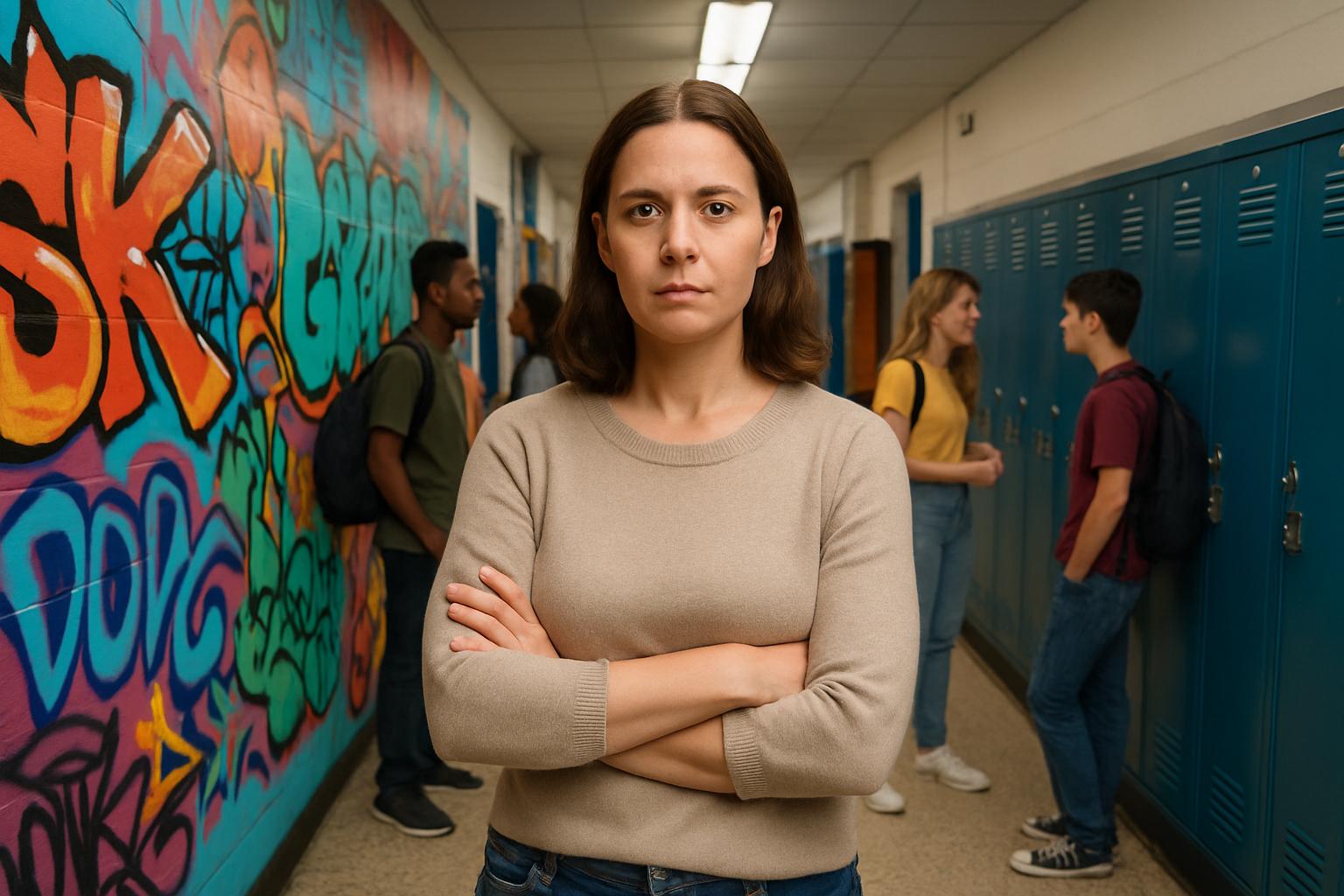A mother who once felt guilty for choosing state education for most of her five children has come to embrace her decision, defying the stereotype that private schooling is inherently superior. Sybilla Hart, who initially enrolled her eldest son in private education due to a lack of satisfactory state primary options, now prefers the state system, citing concerns over entitlement and behaviour displayed by many private school children she has encountered.
Hart’s experience reveals a nuanced perspective on the ongoing debate between private and state education in the UK. While she acknowledges the social networks and exclusive opportunities associated with private schools, her direct encounters highlight issues of snobbery, bullying, and entitlement often linked to the private school environment. In contrast, she praises the state-educated children she knows for being more grounded, polite, and respectful, noting that they tend to understand boundaries without expecting to have their own way in every situation.
Her concerns extend beyond social attitudes to behavioural observations. Hart recounts incidents of private school children taking others’ belongings without thought and expecting extravagant treatment from their parents, contrasting sharply with her family’s approach of discussing and planning expenditure. The emotional distance common in boarding school setups, where pupils are away from parental discipline for extended periods, is seen as contributing to less accountability and more indulged behaviour. This is reflected in Hart’s stories of private school children who expect expensive gifts and outings, sometimes leading to conflicts when those expectations are unmet.
These personal observations resonate with broader findings about the educational differences between state and private sectors. Reports highlight that state schools often excel in preparing students for university success and have a stronger focus on social and emotional development, which private schools sometimes sacrifice for a narrow emphasis on curriculum and extracurricular achievements. Financial considerations also matter: while private education remains out of reach for many, state education is not free of costs. UK families face an average weekly expenditure of £39 per child in state secondary schools, covering essentials like transport, meals, uniforms, and learning materials.
Interestingly, amid these contrasting experiences, state boarding schools offer a noteworthy alternative. These schools provide free education with charged boarding fees, presenting an affordable option to traditional private boarding. Several sources commend state boarding schools for their inclusivity, high academic standards, and diverse social environments, potentially blending the best elements of both private and state sectors.
Hart’s reflections ultimately challenge the assumption that private schooling guarantees better social or behavioural outcomes. Her preference for state education is rooted in a desire for a more connected family life and the hope that her children grow up with empathy and resilience rather than entitlement. From her standpoint, the state system fosters these qualities more effectively than the private path, offering a more authentic and grounding education experience.
📌 Reference Map:
- Paragraph 1 – [1]
- Paragraph 2 – [1]
- Paragraph 3 – [1], [2]
- Paragraph 4 – [1]
- Paragraph 5 – [1], [2]
- Paragraph 6 – [3], [1]
- Paragraph 7 – [4], [5], [6]
- Paragraph 8 – [1]
Source: Noah Wire Services
